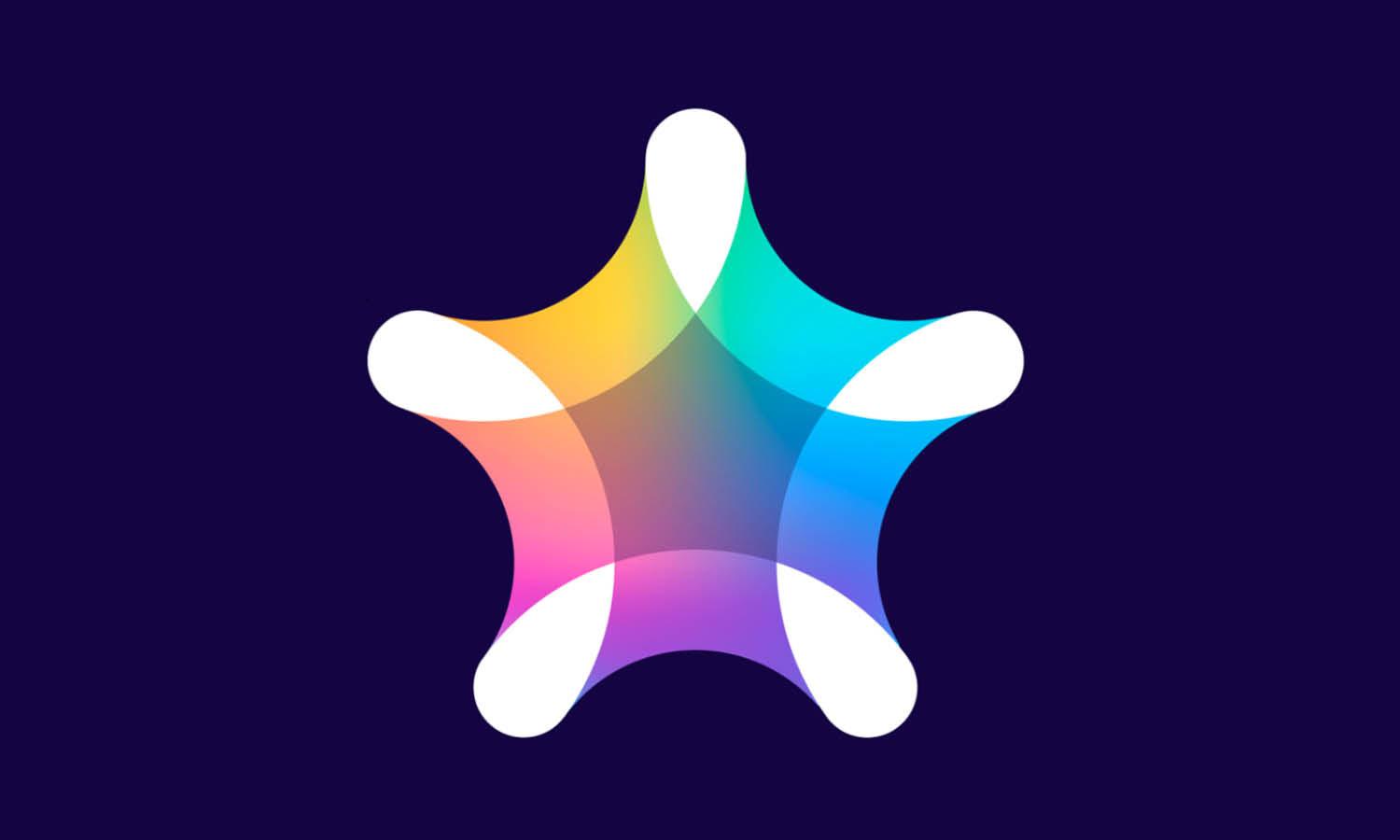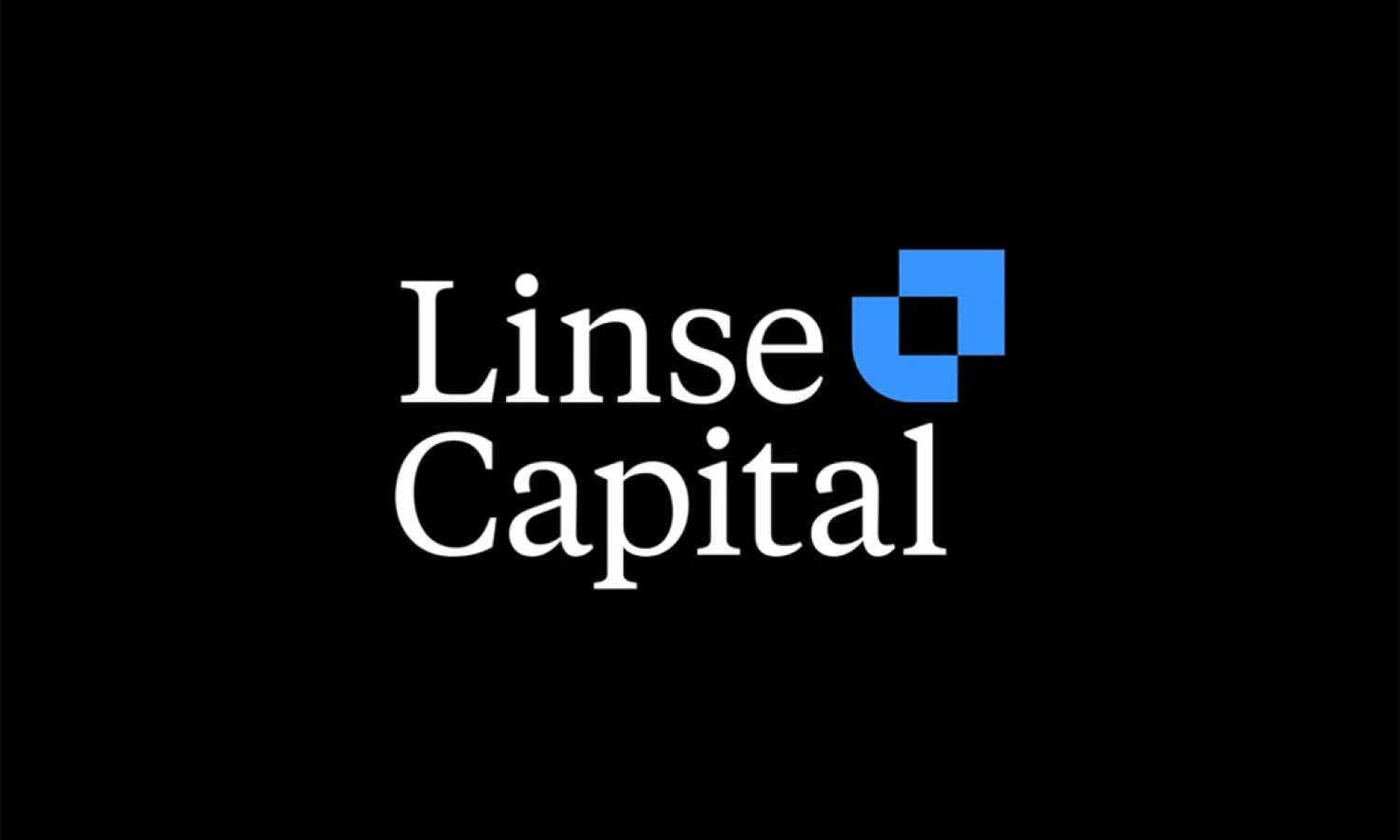10 Best Logo Design Software That Designers Must Use

Logo design, a critical aspect of branding, demands precision, creativity, and efficiency. This is where specialized logo design software comes into play. Whether you are a seasoned professional or a budding designer, having access to the best logo design software is crucial for transforming creative ideas into memorable logos. These software options not only offer robust design capabilities but also enhance workflow with intuitive interfaces and comprehensive toolsets.
From vector-based graphics editors to user-friendly platforms with pre-designed templates, the range of software available today caters to diverse design needs and skill levels. In this article, we explore the top 10 logo design software that every designer should consider integrating into their toolkit to create visually compelling and unique logos. By leveraging these tools, designers can ensure their logos not only stand out visually but also embody the brand’s identity effectively.
Adobe Illustrator
Adobe Illustrator remains the gold standard in logo design software, widely revered for its powerful vector editing capabilities. As a cornerstone of the Adobe Creative Suite, Illustrator provides designers with precision and flexibility unmatched in the digital design world. Its extensive toolset includes advanced path controls, robust color management features, and a wide array of brushes, all designed to craft scalable vector artwork with pinpoint accuracy. Illustrator's compatibility with other Adobe products enhances its utility, allowing seamless integration and workflow improvements across different design tasks.
Moreover, its ability to generate clean, crisp lines and maintain the integrity of designs at any scale makes it ideal for logo creation. The software also supports a multitude of file formats, ensuring that logos are exportable in a format suitable for any platform or print requirement. Whether you're sketching out initial logo concepts or putting the finishing touches on a design, Adobe Illustrator offers the comprehensive tools needed to produce professional-level results.
CorelDRAW
CorelDRAW stands out as a powerful competitor in the realm of logo design software, particularly favored for its user-friendly interface and versatile graphic design tools. Unlike other vector applications, CorelDRAW provides a uniquely integrated environment for vector illustration, layout, and photo editing, which streamlines the design process. Its comprehensive toolkit includes intuitive vector drawing tools, advanced color management systems, and expansive font management, making it an ideal choice for logo designers aiming for high-quality, distinctive branding elements. CorelDRAW’s capability to handle complex multi-page layout within the same document allows designers to manage entire branding packages, which includes logos, brochures, and business cards, in a unified workflow.
This software is particularly appreciated in industries that require high precision and detail, such as textile and print production. CorelDRAW’s recent versions have emphasized collaboration and accessibility, introducing features like cloud-based file sharing and enhanced compatibility with other platforms, ensuring that it remains one of the most adaptable and valuable tools for logo designers worldwide.
Affinity Designer
Affinity Designer is rapidly becoming a favorite among designers who seek an alternative to more costly logo design software. Known for its speed and efficiency, this vector graphic design tool excels in rendering detailed and high-quality logo designs. Affinity Designer operates seamlessly across both Mac and Windows platforms, and provides a clean, intuitive user interface that enhances the creative process without the burden of excessive toolbars or palettes. Its real-time performance means adjustments to vectors and effects are displayed instantly, a boon for designers who need to iterate designs quickly.
Affinity Designer supports all major image and vector file types, and it excels in mixed discipline design as well, allowing you to combine raster and vector art within the same document. The software also includes powerful stroke and shape options that enable designers to fine-tune their logos with precision. With a one-time purchase, Affinity Designer offers all these robust features without the need for a subscription, making it both accessible and cost-effective for professional designers and beginners alike.
Canva
Canva has democratized design, making it accessible for both professionals and novices to create stunning logos quickly. As a web-based logo design software, Canva simplifies the design process with a drag-and-drop interface and a vast library of templates, images, and fonts. This accessibility makes it an excellent choice for those who need to craft a logo without deep knowledge of traditional design software. Canva’s template-driven approach is particularly beneficial for small business owners, social media managers, and freelancers who need to produce visually appealing logos efficiently.
The platform also allows for easy collaboration, enabling teams to work together on projects from any location. Canva continues to expand its capabilities, recently adding more advanced features such as background remover and animation that elevate the potential of simple logo designs. For designers looking for a quick, easy, and effective tool, Canva provides the essential features needed to create professional-quality logos with minimal effort.
Sketch
Sketch is renowned in the design community for its streamlined interface and powerful vector editing capabilities, specifically tailored for interface design and prototyping. However, its utility extends impressively into logo design, particularly for designers focused on creating logos that need to scale across different media seamlessly. Exclusive to macOS, Sketch has optimized its system to leverage the power of Apple's hardware, providing a smooth and responsive experience for designers. The software is equipped with an extensive set of tools that facilitate the creation of complex vector graphics with minimal fuss. Sketch's symbol feature stands out, allowing designers to reuse elements across their projects, thus maintaining consistency while reducing design time significantly.
Furthermore, Sketch supports plugins that extend its functionality, enabling users to add features specifically tailored to their workflow needs. Its ability to integrate with other tools and platforms, like Zeplin, InVision, and Adobe CC, makes it a preferred choice for designers who collaborate frequently and need to share their work in various environments. For logo designers looking for software that supports a modern, efficient workflow, Sketch offers an ideal combination of flexibility, power, and precision.
Inkscape
Inkscape is a powerful, open-source vector graphics editor that serves as a free alternative to premium logo design software. It is particularly favored by designers who prefer a no-cost tool without compromising on the quality and depth of design features. Inkscape offers a comprehensive suite of tools that are perfect for creating detailed, scalable vector artwork essential for high-quality logo design. The software supports SVG as its native format, which is ideal for web and print design due to its scalability and compatibility with web browsers. Inkscape's capabilities include complex path operations, node editing, bitmap tracing, and an extensive range of filters, which are invaluable for designers looking to add artistic touches to their logos.
Moreover, the community-driven aspect of Inkscape ensures it is continuously updated with new features and improvements, keeping it on par with industry standards. Inkscape’s ability to work seamlessly on Windows, Mac, and Linux platforms also makes it a versatile choice for designers operating in various tech environments. For those seeking a robust, flexible, and cost-effective solution for logo design, Inkscape presents an excellent option that challenges the capabilities of many commercial rivals.
Adobe Spark
Adobe Spark emerges as a standout choice for those seeking quick and impactful logo design capabilities without the need for deep graphic design skills. As part of Adobe's suite, Spark is crafted to facilitate rapid design creation, making it perfect for entrepreneurs, bloggers, and social media managers who need to develop compelling visuals on-the-go. Its web and mobile applications enhance its accessibility, allowing users to design logos directly from their phones or tablets. Adobe Spark excels in simplicity, offering a vast array of professionally designed templates that can be customized to suit any brand's aesthetic.
Users can easily adjust color palettes, typography, and graphics to create unique logos that resonate with their target audience. Additionally, the integration with Adobe Creative Cloud offers the advantage of accessing a wide range of assets and syncing with other Adobe tools, thereby expanding creative possibilities. For non-designers or professionals looking for a straightforward, efficient tool to craft visually appealing logos, Adobe Spark provides the essential features, backed by the reliability of the Adobe brand.
Gravit Designer
Gravit Designer is a versatile logo design software that stands out for its cross-platform functionality and rich feature set, available entirely for free. This software appeals to designers of all skill levels, offering a powerful vector editing suite that rivals more expensive applications. With its intuitive interface, Gravit Designer facilitates smooth creation of complex vector graphics, which is ideal for detailed logo design. The tool supports multiple file formats, including SVG, PDF, and bitmap, making it easy to export designs in a format best suited for any application. Designers can take advantage of its high-quality path tools, structure-based workflows, and advanced styling capabilities to create sophisticated and precise logos.
Gravit Designer operates on various operating systems, including Windows, Mac, Linux, and even directly in your web browser, ensuring flexibility and accessibility no matter the working environment. Its commitment to constant updates and feature additions keeps it competitive in the rapidly evolving graphic design software market. For those who need a comprehensive, no-cost solution for their logo design needs, Gravit Designer offers an impressive combination of functionality and ease of use.
LogoMakr
LogoMakr is an accessible online logo design software that enables users to create custom logos quickly and effortlessly. This tool is particularly useful for small business owners, startups, and freelancers who may not have extensive graphic design experience but need a simple, effective way to produce a logo. The platform offers a drag-and-drop interface that makes it easy to select and modify graphics from a vast library of professionally designed shapes, icons, and fonts. Users can adjust colors, resize elements, and move them around to create a unique logo that reflects their brand identity.
LogoMakr’s appeal lies in its simplicity and the speed with which a user can go from concept to final design without the need for any significant graphic design skills. While it might not offer the depth of functionality found in more advanced design software, its straightforwardness and cost-effectiveness make it an excellent option for those needing a quick logo solution. Additionally, LogoMakr provides high-resolution downloads so that the logos can be used for print or digital purposes, ensuring that the end product is both professional and versatile.
DesignEvo
DesignEvo is a comprehensive logo design software designed to help users create professional logos in minutes. This tool caters to anyone looking for a user-friendly interface combined with a wide range of customization options. With over 10,000 templates to choose from, DesignEvo allows even those with minimal design experience to craft beautiful logos that look custom-made. Each template can be completely customized, enabling users to change icons, fonts, colors, and layouts to suit their branding needs. The platform also includes a vast library of vector icons and shapes, ensuring that every logo can be scaled without loss of quality.
DesignEvo’s straightforward approach does not sacrifice the quality of its output, making it ideal for entrepreneurs, bloggers, and small to medium-sized business owners. Additionally, it supports the export of logos in various formats, including PNG, JPG, SVG, and PDF, providing flexibility for both print and digital uses. For those seeking an affordable, accessible, and robust logo creation tool, DesignEvo offers an excellent solution that balances ease of use with a professional level of design capability.
Conclusion
Choosing the right logo design software is crucial for any designer looking to produce high-quality, memorable logos efficiently. Each software option discussed offers unique features that cater to different design needs and skill levels, from professional-grade tools like Adobe Illustrator to more accessible platforms like Canva and LogoMakr. Whether you need advanced vector editing capabilities or simple, template-based designs, there is a tool available to suit your creative process. By selecting software that aligns with your specific requirements, you can streamline your workflow and elevate the quality of your logo designs, ensuring that your final products stand out in today's competitive market.
Let Us Know What You Think!
Every information you read here are written and curated by Kreafolk's team, carefully pieced together with our creative community in mind. Did you enjoy our contents? Leave a comment below and share your thoughts. Cheers to more creative articles and inspirations!
Related Articles
- How To Create Logo Design In CorelDRAW X7
- 6 Reasons Why You Shouldn't Create A Logo Design In Photoshop
LINK
Zoviz is the best logo design platform online. Unlike other online logo maker platforms that rely on pre-made templates, Zoviz offers custom, designer-approved logos tailored to your specific vision. Whether you’re a startup, an enterprise, or a freelancer, Zoviz enables you to create original designs that truly represent your unique brand identity.
















Leave a Comment